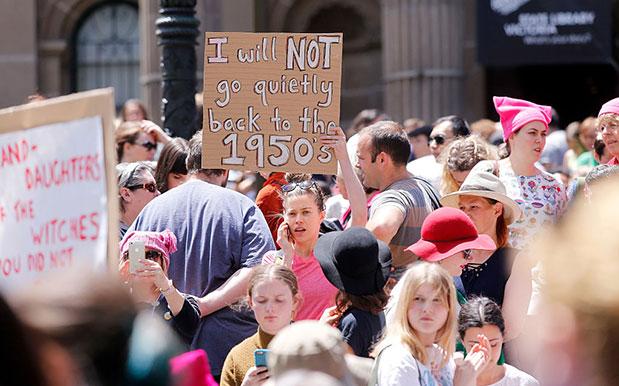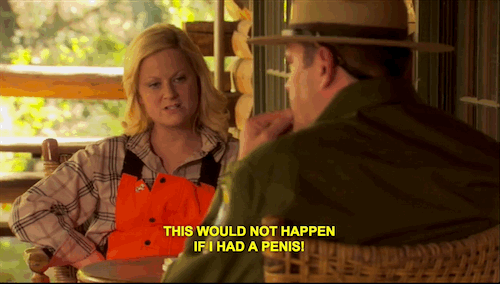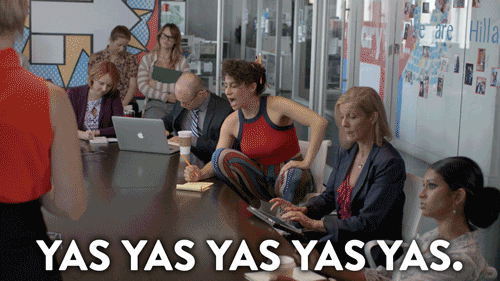
Here we are again: International Women’s Day.
For detractors of IWD, and women’s issues in general, a profound sticking point seems to be: why the hell do we need an international day for women? Isn’t this whole feminism business a bit passé? Don’t we already have stuff like equal opportunity acts, female prime ministers and chicks at the top of the charts? What are the sheilas whinging about this time?
And sure, if you’re a woman in a position of privilege – and women who are white, cisgender, straight and educated are definitely in positions of privilege – life is definitely better for you than for than it was for your grandma, thanks to leaps forward in legislation and social attitudes towards women.
But if you’re a chick, particularly if you’re trans, a woman of colour, queer, disabled, neuroatypical or outside the narrow bounds of current beauty standards, it’s likely that you still cop it on the daily: discrimination, belittlement, infantilisation, objectification, and general crappy attitudes.

So what can IWD, a day that for many is easily dismissible as just a gesture, a pantomime of concern for women’s rights in which even Sportsbet can participate, actually do about this? Why do we need gestures like this?
Because gestures matter.
Despite electing a female prime minister, we still saw shock jocks telling the world that she should be drowned at sea in a chaff bag; regardless of equal opportunity acts, women in Australia still earn 16.2% less than men; and as the ABC has shown with their recent By The Numbers report on women in music, the arts remain male-dominated regardless of how many bajillions of dollars Beyoncé and Adele are making.
It’s illegal in Australia to discriminate on the basis of age, disability, race, sex, gender identity and sexual orientation (surprisingly, considering the atrocious lack of same sex marriage legislation in this country), but that’s not reflected in the numbers and lived experiences of most women. This discrimination happens on a cultural level, and this is where gestures start to make a difference.
Consider the massive changes in attitudes towards homosexuality and HIV that occurred over the course of just one generation, thanks to awareness campaigns, protests, tireless activists working for recognition, and high-profile members of the queer community successfully raising consciousness of LGBTI issues. This translated into changes in policy, improvement in quality of life for queer people, and a better world in general. Sure, we’re not 100% of the way there yet (lookin’ at you, prevaricating Australian politicians, with your same-sex marriage squeamishness), but things are better, in large part thanks to cultural gestures – the little things.
We’re in an era of little things now.
Things like: if you write a review of a wildly popular and talented all-female rock band and include the phrase “sirens beckoning us onto their mojo ship“, you’re going to get some push back, because that is demonstrative of the kind of attitude that discourages women from participating in music for fear of being sexualised at the expense of their art.
Things like: if you chuck a shit-fit about Triple J dedicating one day of the year (one day!!!) to playing all female artists, a bunch of pissed off chicks are going to hand your arse to you on Facebook, because your wilful blindness to the gender inequality on our national broadcaster’s airwaves is offensive at best and dangerous at worst.
Things like: if you can’t see the underlying motivation behind a push to change pedestrian crossing lights to 50% female figures, regardless of whether it’s actually a good investment of time and energy, you’re going to encounter resistance, because it shows that you’ve not put even an iota of thought into why this might be a priority for some people.
And the response to all these little things is part of a much bigger thing: a push for broad, inter-community, cultural and social change. Unconscious bias is a thing. Unintentional sexism is real. Gestures, consciousness raising, online activism – they all matter, because they change minds. Forgive me my earnestness, but once you change minds, you change the world.

If the people responsible for distributing cultural criticism or starting conversations in public online spaces are aware of their own biases, then the conversation will change. The conversation changing means that depictions of women will change, which means that the ways in which young women view themselves will change, which will change the way young women approach making art/participating in culture/moving through the world, which then will go on to change cultural attitudes to women in general which will make things easier for women everywhere because it will have become Normal for Women to Just Do Shit without it Being A Big Deal. Do you see what I am getting at here?!
Believe it or not, attitudes are linked to actions; if someone is encouraged to think of women as people in one sphere of their life, they are less likely to degrade or abuse them in another aspect of their life. If it becomes normal for women to be in bands, it will no longer be normal for women in the crowd to be groped and assaulted. If half of our politicians are women, we can stop focusing on who’s got what bits and start paying attention to the policies they’re pushing.
Cultural representation matters. Cultural attitudes matter. Change at a micro level becomes change at a macro level. The personal is political. All that good shit.
Happy International Women’s Day. Keep on arguing (respectfully) in the comments. Every little bit matters.

Image: Wayne Taylor / Getty.



